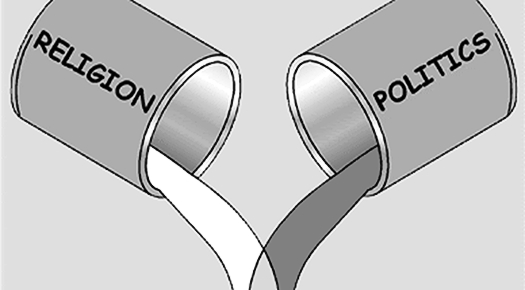
Photo Credits: SSB Vision
The latest research from Professor Ryan P. Burge of Eastern Illinois University shows the change in the religious makeup of the two major religious parties. He has been using 2018 data from the General Social Survey to show the latest faith-related trends. When comparing data from 1978 to today, we can see the evangelicals shrinking from 22% of the Democratic Party in 1978 to 14% today.
Burge summarizes:

The percentage of Democrats who are mainline Protestants has shrunk in half from 20% to just 10% now. That’s not due to a mainline exodus toward the Republicans, that’s due to mainliners disappearing altogether… And, the Democrats have lost share among evangelicals who are now 14.1% of Democrats, which is higher than I would have guessed now and still the third largest group among Democrats.
… that’s really the entirety of the shift for Democrats: losses among evangelical and mainline Protestants and Catholics with huge gains among the nones and the others.
When it comes to the Republicans, Burge analyzes:

In 1978, two out of three Republicans identified as evangelical or mainline Protestant. That is still stunning to me. As we have written before, we need to jettison the idea that mainline Protestants are the “liberal” type of Protestant Christianity, when in their heyday, mainliners were twice as likely to be Republicans as Democrats. On the right side of the graph we see that Catholics made up 18.6% of Republicans, while the nones were about 5%.
Recall earlier that the Democrats have gained about 20 points from the nones, but the Republicans gained nearly nine points themselves. So, it’s not accurate to say that the nones are completely captured by the Democratic Party; instead if one just looks at partisanship of nones it appears like two thirds of them are Democrats, and the others are Republicans.
When we look at the composition of these main political parties, it seems that they need to take more and more attention to religion nones because it is obvious that they are growing group every year. On the other side, other religious groups slowly reduce their stake in two main parties.
The interesting thing is that 40% of Democrats aren’t Christians and that means they have reasons to stay away from the God chatter altogether, or at least to bring it up only in benign ways. Judging by the results of the research, Democrats are not about to elect a Christian preacher to high office.
